The decision by the NSW government to terminate its incentive for home solar batteries has stirred a mix of reactions among residents and experts alike. The move comes as the Commonwealth introduces a new scheme aimed at enhancing the adoption of renewable energy solutions across the country.
Since November, homeowners in New South Wales have been benefiting from a rebate of up to $2600 to add storage batteries to their existing rooftop solar systems. This initiative led to over 11,400 battery installations within six months, demonstrating a significant uptake in sustainable energy practices.
As the state program draws to a close this month, attention shifts towards the federal government’s Cheaper Home Batteries Program set to commence on July 1. With an injection of $2.3 billion into the scheme, households can expect a substantial reduction in battery costs by approximately 30%, surpassing the size and scope of the state-led initiative.
Heidi Lee Douglas, CEO of Solar Citizens, expressed disappointment at NSW’s decision, labeling it as a “betrayal
” towards solar-powered households and emphasizing its potential impact on achieving net zero emissions targets. She highlighted concerns raised by the NSW Net Zero Commission regarding the state’s ability to meet emission reduction goals from 2030 onwards.
“
The surprise move by the NSW government not only undermines trust but also poses challenges for transitioning away from coal-fired power plants like Eraring,” Douglas stated. The closure of such facilities hinges on adequate energy storage solutions, a gap that was initially addressed through increased battery rebates at the federal level before being offset by NSW’s recent policy shift.
On behalf of Energy Minister Chris Bowen, an official spokesperson clarified that while federal incentives were designed to complement state efforts, each jurisdiction retained autonomy in shaping its respective initiatives. Emphasizing broader industry benefits, they remarked that enhanced support for battery adoption and participation in Virtual Power Plants (VPPs) would foster grid stability and reduce electricity costs nationwide.
Wayne Smith from Smart Energy Council underscored VPPs’ significance in bolstering grid reliability and driving down utility expenses for all consumers. By pooling individual household batteries into collective storage systems facilitated by advanced software integration, VPPs pave the way for a more resilient and cost-effective energy landscape.
Acknowledging consumer needs, Smith outlined how varying subsidies at different battery capacities could cater to diverse household requirements effectively. He welcomed streamlined administrative processes introduced by NSW authorities alongside generous federal rebates intended to spur widespread adoption of solar-battery systems post-July.
Con Hristodoulidis from Clean Energy Council commended NSW’s strategic reallocation of resources towards supporting VPP integration as a savvy investment approach benefitting taxpayers statewide. By aligning rebate schemes with broader participation frameworks like VPPs, he highlighted greater value creation both for individual consumers and society at large.
A recent report by Climate Council resonated these sentiments by projecting substantial savings potential through wider battery deployment across residential and commercial sectors nationwide over coming years. As public interest in sustainable energy options continues to surge, policymakers face mounting pressure to strike an optimal balance between incentivizing green technologies while ensuring grid stability and affordability remain top priorities.
The evolving landscape of renewable energy subsidies underscores an ongoing challenge: navigating complex policy frameworks while fostering innovation within Australia’s transitioning energy sector.


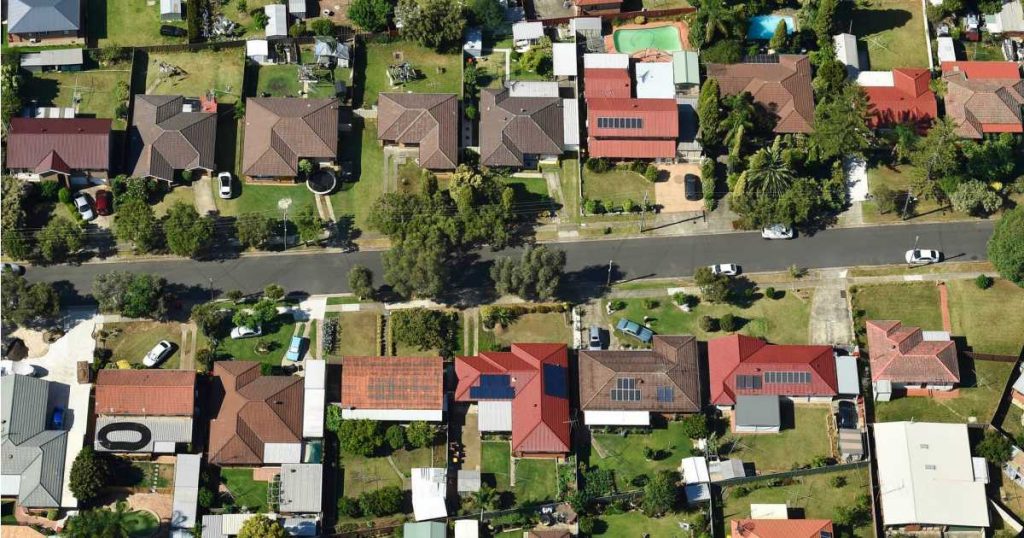
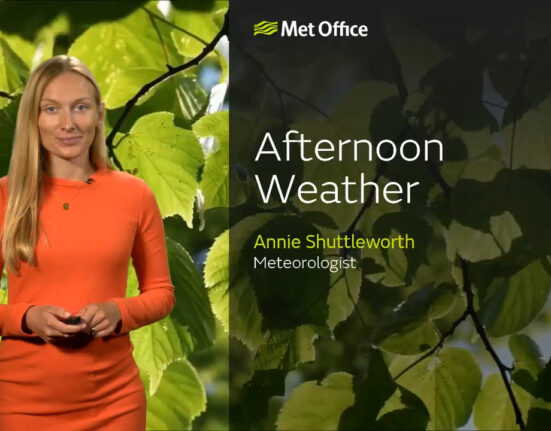
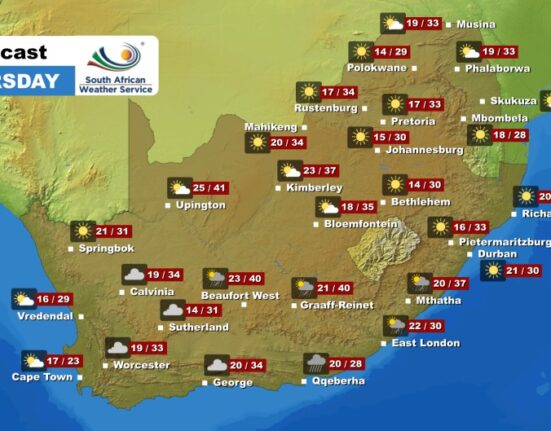


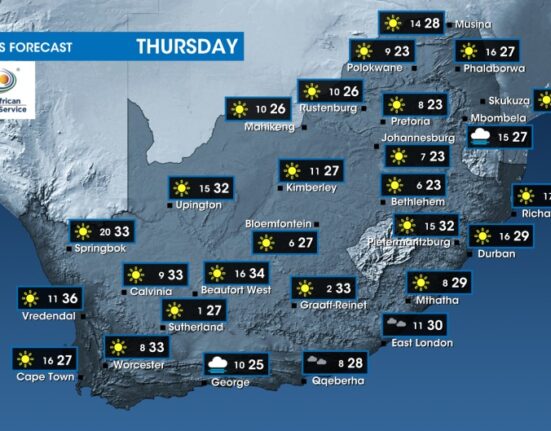
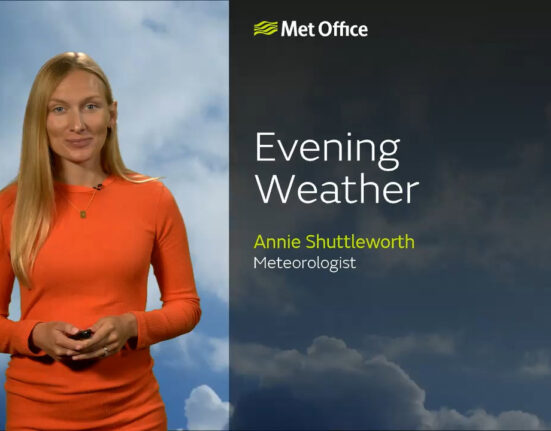
Leave feedback about this